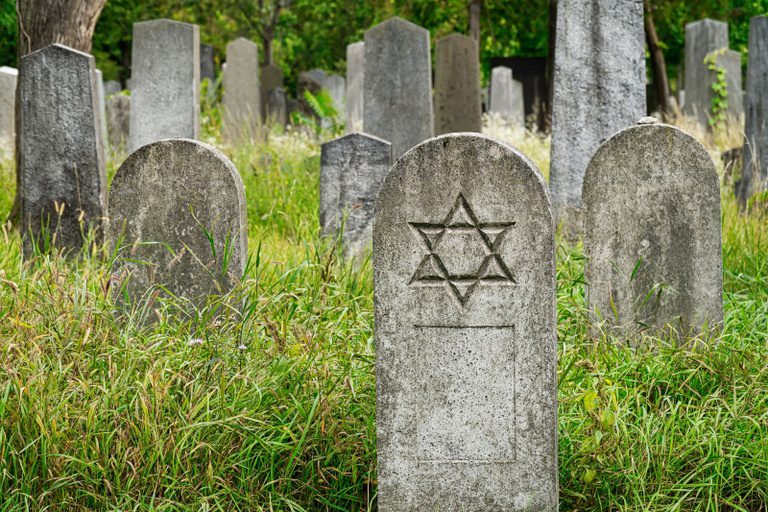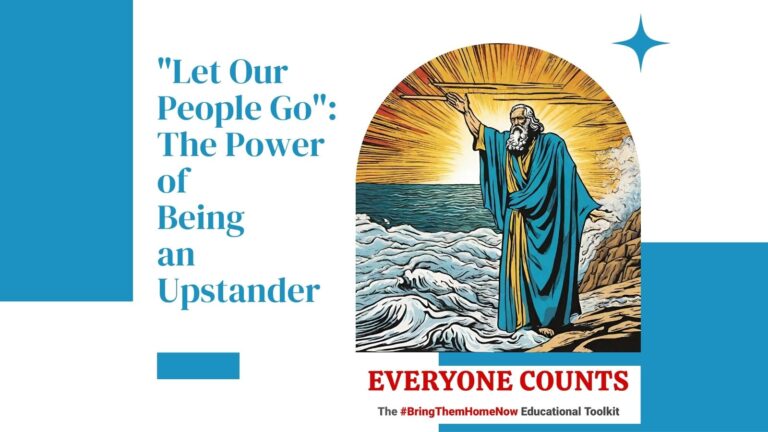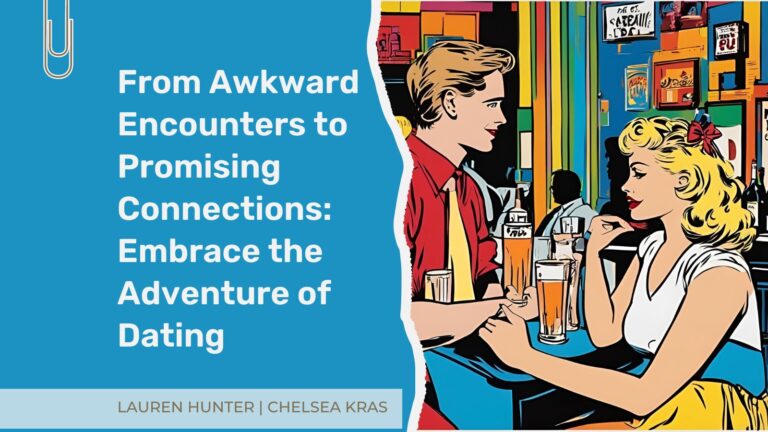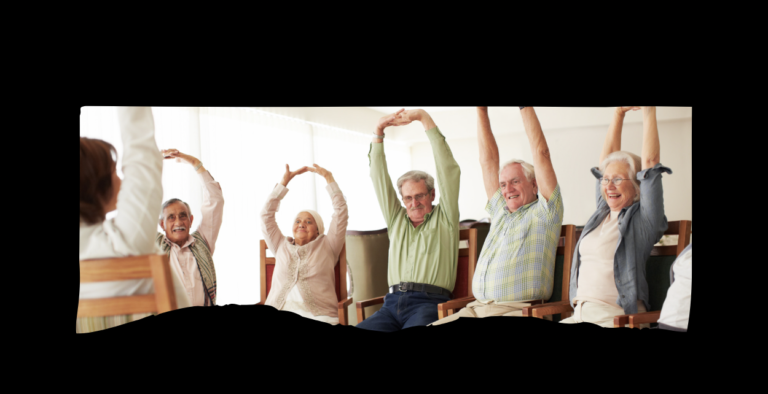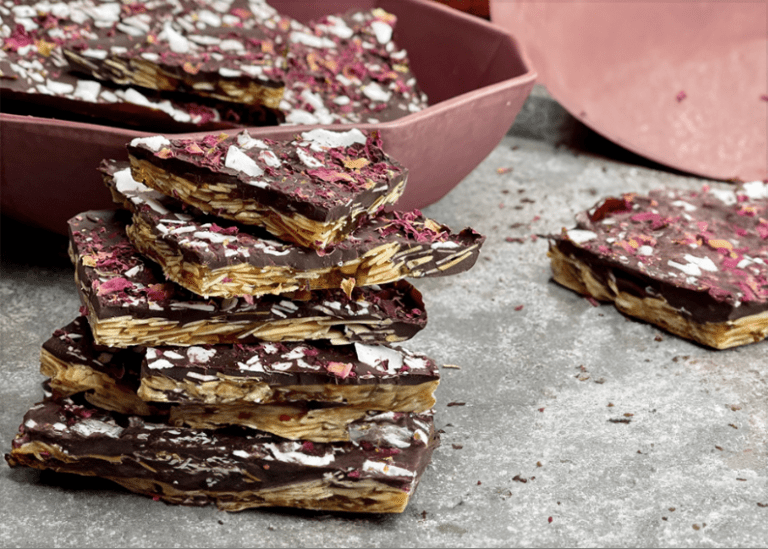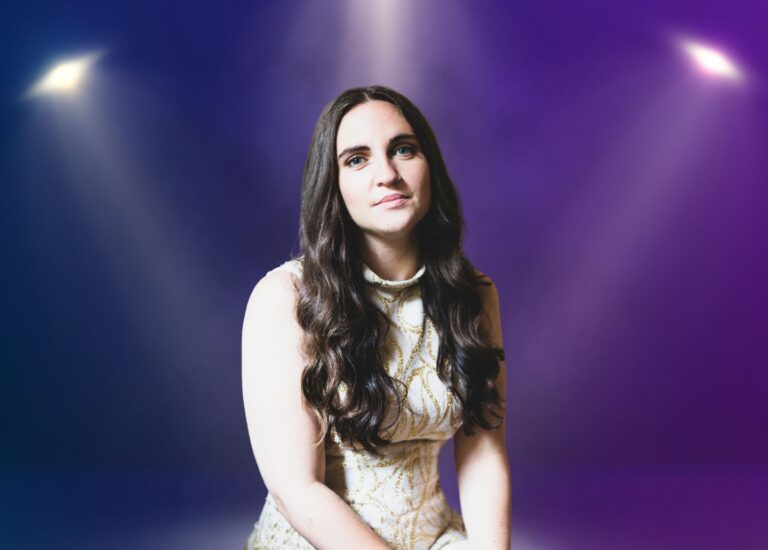As a congregational rabbi, one of the most critical aspects of my role is supporting bereaved families. When individuals and families grapple with the loss of a loved one, they often seek guidance and solace from their rabbi. While providing support, I’ve noticed that there are several widespread misconceptions about Jewish burial that I believe need to be addressed. In this blog post, I aim to debunk some of these myths and provide clarity on the matter.
Myth #1: Jews with Tattoos Cannot Be Buried in a Jewish Cemetery One of the most prevalent myths I encounter is the belief that Jews with tattoos engraved on their skin are ineligible for burial in a Jewish cemetery. This misconception has no basis in Jewish law. While tattooing is clearly prohibited according to Jewish Law (see Leviticus 19:28), having a tattoo does not disqualify someone from receiving a Jewish burial.
The origins of this myth can be traced back to certain burial societies (“Chevra Kaddisha”) that once adhered to strict standards of Jewish observance. Some Cheva Kaddishas would ban Jews with tattoos from being buried among in the Jewish cemetery in the hope this would deter others from getting tattoos. This lead to the misconception that those with tattoos were ineligible for burial. However, this was never the mainstream view and was simply a ban imposed by some burial societies. Tattooed individuals are indeed allowed to be buried in Jewish cemeteries despite the clear prohibition against getting tattoos.
Myth #2: Jews with Body Piercings Cannot Be Buried in a Jewish Cemetery Another baseless myth is the notion that Jews with body piercings (other than standard earrings often worn by women) are not permitted burial in a Jewish cemetery. In reality, the permissibility of body piercings under Jewish law varies depending on the circumstances. Anyone considering body piercings and adhering to Jewish law should consult their rabbi for guidance. However, it’s crucial to understand that having body piercings does not disqualify someone from receiving a Jewish burial.
Myth #3: Organ Donation Prevents a Jewish Burial There is a belief that Jews who donate their organs after death are denied a Jewish burial, stemming from the misconception that organ donation itself is prohibited. This is entirely inaccurate. Jewish law permits and even encourages organ donation, provided it is done in accordance with Halacha (Jewish law). By registering through organizations like the Halachic Organ Donor Society (HODS) or the Sydney Beth Din, individuals can fulfill the great mitzvah of organ donation and also receive a Jewish burial.
Myth #4: Jews Who Die by Suicide Are Denied a Jewish Burial One of the most unfortunate myths surrounds Jews who die by suicide. There is a belief that they are not entitled to a Jewish burial, which can exacerbate the pain experienced by their families and communities. However, this is a misconception. While Jewish law did prevent Jewish burial for those who died by suicide, this law was written hundreds of years ago when suicide was misunderstood. Today we know that almost all instances of self-harm and suicide occur as a result of severe depression or mental illness, and these individuals are treated with the same dignity and respect as all Jews and receive a full Jewish burial.
Conclusion: It is essential to separate myth from fact when discussing Jewish burial customs. While certain misconceptions persist, we must educate ourselves and turn to reliable Jewish sources for accurate information. As a congregational rabbi, my mission is to provide guidance, support, and clarity to those seeking comfort during difficult times. By dispelling these myths, we can foster a better understanding of Jewish burial practices and ensure that all members of our community are treated with compassion and respect, regardless of their circumstances.
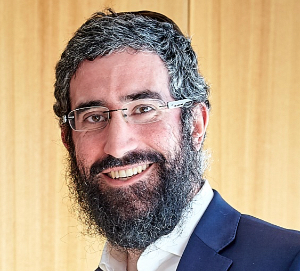 Rabbi Yaakov Glasman AM is the Senior Rabbi at St Kilda Shule, President of the Rabbinical Association of Australasia and Co-Vice President of the Rabbinical Council of Victoria. He serves as a member of the Human Research Ethics Committee at both the Royal Children’s Hospital and Deakin University and is a Victorian White Ribbon Community Partner.
Rabbi Yaakov Glasman AM is the Senior Rabbi at St Kilda Shule, President of the Rabbinical Association of Australasia and Co-Vice President of the Rabbinical Council of Victoria. He serves as a member of the Human Research Ethics Committee at both the Royal Children’s Hospital and Deakin University and is a Victorian White Ribbon Community Partner.
